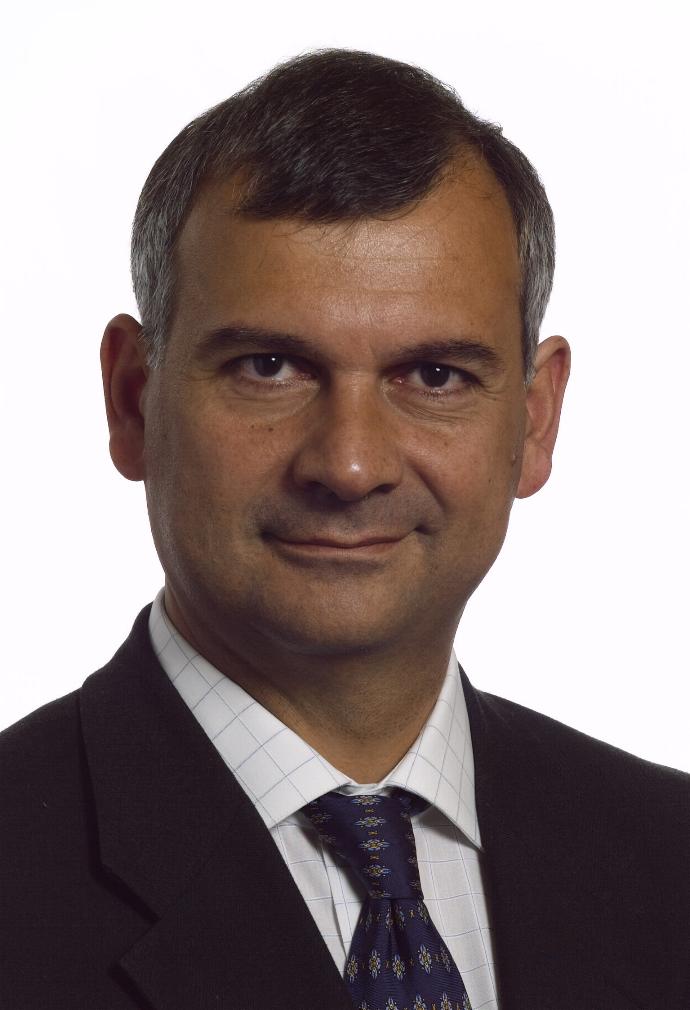Three of my Irish colleagues at the Teagasc Rural Economy Research Centre have conducted an interesting simulation to estimate the extent to which farmers treat the Single Farm Payment (SFP) as coupled or decoupled. Using the EU-wide partial equilibrium simulation model AGMEMOD, Peter Howley, Kevin Hanrahan and Trevor Donnellan project Irish production in the cattle and cereals sectors (these were the sectors with the most important payments in the pre-SFP era before 2005) under two assumptions: first, that farmers treat the SFP as fully coupled, and second, that they treat the payment as fully decoupled.
They then compare the levels of production that are projected under the alternative assumptions of full and zero coupling with actual observed output values in Ireland over the period 2005-08.… Read the rest

